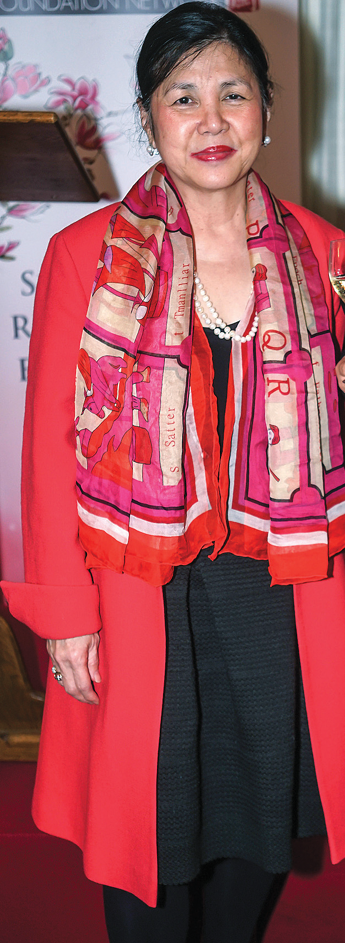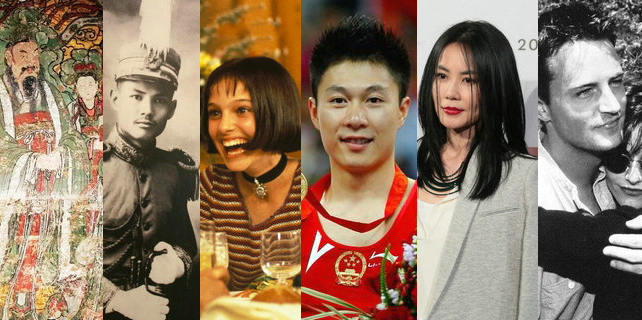Trailblazer celebrates her lifetime of firsts
Mei Sim Lai has scored a lot of firsts in her life.
She was the first female-and first Chinese-partner at the chartered accountancy firm Pridie Brewster in 1979. She has been honorary secretary of the City of London branch of the Institute of Directors, one of the most prestigious because it groups together important London companies.
|
 |
|
Mei Sim Lai, the first female and first Chinese partner at the firm Pridie Brewster. [China Daily] |
Then in 2004, she was given an OBE for services to equal opportunities.
The Malaysian-Chinese businesswoman has also had a privileged position from which to view the evolution of Chinese-UK relations, which reached a "golden era" with the visit of President Xi Jinping in October 2015.
"But as with all relationships, it needs careful handling," says Lai. "There is a need for ongoing respect for each other because things can happen very quickly to affect good relations."
She pointed to the British government's delay over the 18 billion pound Hinkley Point
From page 1 nuclear plant, in which China has a one-third share and which was only given the go-ahead in September. British Prime Minister Theresa May is reported to be much more cautious about closer ties with Beijing in terms of critical infrastructure.
Mei Sim Lai has led several delegations of British companies to China as part of her mission to break down barriers, not just with China but also for women and minority ethnic groups working in the City.
She talked to China Daily at the Oriental Club, an exclusive institution founded nearly 200 years ago by returning British officers and officials from India and the East. It only admitted women in 2010. Miss Lai now sits on its finance committee.
She remembers that, when she first arrived in London in 1970, it was extremely challenging to work and study at the same time as an articled clerk at Pridie Brewster. She is one of 10 children and luckily two of her sisters were already in the UK so she was able to live with them.
"There were very few ethnic minorities or women working here when I started out. People weren't sure if clients would really like someone from a different background," she says. "I stood out, but I wasn't threatening to people. Once clients understood I knew what I was doing, I had no problems but initially I had to prove myself. I worked very hard because I wanted to be the best trainee.'
She stayed for 36 years at Pridie Brewster, where her client-fee income was more than £500,000 a year for her work, which included auditing and business advice to clients. When the firm was taken over by a bigger company in 2005, she set up her own firm, LaiPeters & Co Chartered Accountants, a boutique business on which she now spends about one-third of her time.
The rest of her time she devotes to a long list of public and charitable organisations. As well as helping to set up the China Interests Group of the Institute of Directors in 2006 for members wanting to do business in China and for Chinese wanting to invest in the UK, she is also one of four executive directors of The 48 Group Club.
This influential club was founded in 1949 by some of the first "icebreakers" or Westerners to establish trade relations with China. It brings together well-known figures in business, government and academia with an interest in Sino-British relations.
The promotion of diversity in the workplace remains one of her biggest passions. There has been a debate in the UK in the past few years about how to promote women and ethnic minorities onto the boards of top companies and Lai has been at the forefront of this debate.
"There have been some improvements in this area but it's not been good enough," she says. "Quotas for a limited time might be needed because there are even fewer ethnic minorities than women on boards, even though I know of a lot of very good people who would do well if appointed."






















